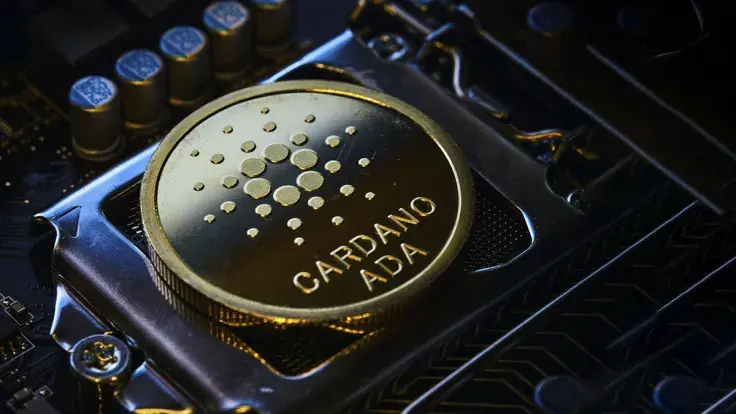
Disclaimer: The opinions expressed by our writers are their own and do not represent the views of U.Today. The financial and market information provided on U.Today is intended for informational purposes only. U.Today is not liable for any financial losses incurred while trading cryptocurrencies. Conduct your own research by contacting financial experts before making any investment decisions. We believe that all content is accurate as of the date of publication, but certain offers mentioned may no longer be available.
The stablecoin Djed made its debut on the cryptocurrency market in 2023, much to the delight of Cardano (ADA) holders. The stablecoin asset is seen as the key to enhancing Cardano's competitiveness in the decentralized finance (DeFi) space, positioning the altcoin as a formidable rival to Ethereum (ETH) in building a more equitable and accessible financial ecosystem.
In recent years, stablecoins have gained increasing prominence in the blockchain sector, especially since the emergence of the DeFi sector in 2020. Decentralized finance has elevated the role of stablecoins beyond just shielding investors from the fluctuations of Bitcoin (BTC) and other cryptocurrencies, offering a new avenue for individuals and businesses to generate passive income through participating in liquidity provision.
Due to their inherent stability, stablecoins have become the driving force behind the growth of DeFi's total value locked (TVL). Ethereum remains the dominant network for stablecoins and holds a commanding lead in TVL. The desire for Cardano to access this asset class was strong among its investors, eager for the cryptocurrency to tap into the DeFi sector and see its value soar in the next bull run.
But that's not all.
Emurgo, one of the founding entities of Cardano, recognizes the vital role that stablecoins play in the advancement of the cryptocurrency industry. As such, the fintech is eager to leverage Cardano's U.S. dollar-backed network, the USDA, to launch products and services that utilize stablecoins. Emurgo is convinced that by fostering the development of stablecoins, Cardano will be able to provide its community with more inclusive, secure and stable services that address the needs of the wider crypto ecosystem.
Types of stablecoins at Cardano
Cardano offers two types of stablecoins, each with its unique features and benefits.
The first type is fiat-backed stablecoins, where a U.S. dollar-backed token is issued for every $1 deposited in a reserve. As long as this reserve is managed correctly, these tokens remain stable. However, these assets have faced criticism from the crypto community for their centralization and lack of an efficient and transparent auditing system. To address these concerns, Anzens, a partner of Emurgo, has teamed up with a regulated financial services company based in the U.S. to provide a higher level of security for stablecoins on the Cardano network.
The second type of stablecoin is super-collateralized algorithmic stablecoins such as Djed. Unlike fiat-backed stablecoins, algorithmic stablecoins are not backed by fiat money, but instead use algorithms to keep the token's price stable. To ensure stability, these stablecoins must have more assets backing them than they have in circulation. In the case of Djed, its price stability is maintained by balancing its supply with that of backup token SHEN.
Stablecoins are gaining popularity as a solution for various purposes, including payments, lending, alternative financial services and remittances. Emurgo highlights that Cardano's support for stablecoins enhances its appeal to traditional retailers, decentralized apps, decentralized exchanges and corporate treasuries. Additionally, stablecoins offer Cardano users the peace of mind that their investments will not be subject to liquidations and will not be impacted by market fluctuations during crypto swings.
In conclusion, the growth of stablecoins on the Cardano smart contract platform represents a significant opportunity for the development of decentralized finance. However, the altcoin community must not rely on this alone, and the involvement of developers is crucial in making the Cardano platform more accessible and intuitive to attract capital.

 Dan Burgin
Dan Burgin Vladislav Sopov
Vladislav Sopov